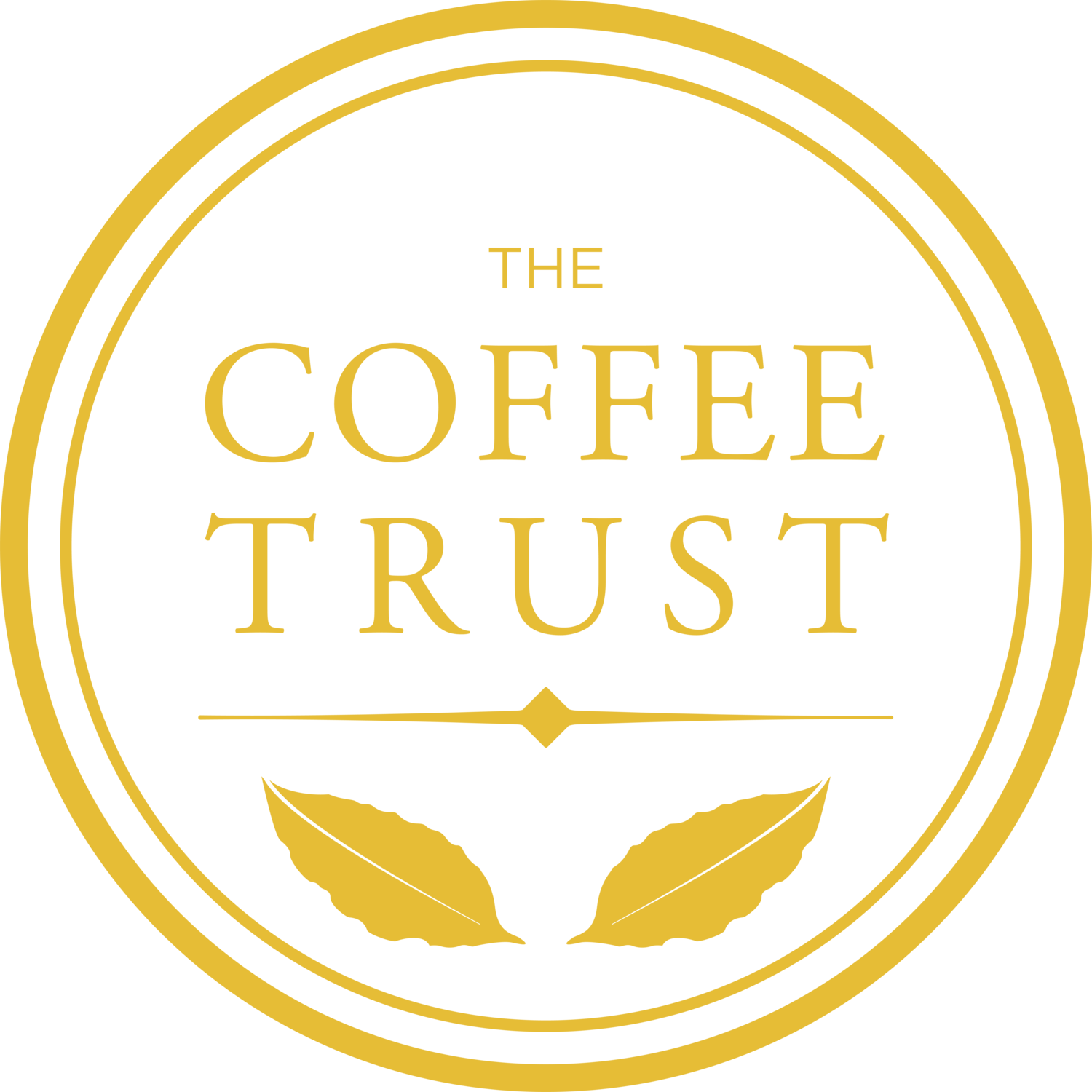January 2020 Newsletter
Exciting Updates from Guatemala
A Brief Note of Thanks
Before we launch into some updates from Guatemala, we want to extend a heartfelt thank you to all those who generously supported our work in the past year.
Our First Cup event on January 1st raised close to $15,000, a huge accomplishment and testament to the hard work of the wonderful coffee shops that participate in this annual event. A special shout-out to Coffee Exchange, Trifecta Coffee Company, and Java Joe's, as well as those who stopped by each of these great cafés to participate in the festivities! Learn more about First Cup here.
We're excited to see what the coming year has in store for our programs at origin and our partnerships in the U.S., and we can't wait to share it with you along the way.
Updates from Guatemala:
Soil Health and Agroforestry
One of our new ventures this year is to take what we learned from our accomplishments in our Roya Recovery Project and apply them to a new focus of agricultural development, soil health, and agroforestry.
Agroforestry is a land management system that involves the integration of trees and shrubs around and/or among crop and animal farming systems. The benefits of this practice include increased biodiversity, diversification of income sources, reduced soil erosion, and carbon sequestration—another important focus area for us this year.
Before we turn our attention to the planting of trees and shrubs, we need to ensure that farmers have a foundation of healthy soils.
Pepe Rodriguez, our Agroforestry Director, has begun experimenting with Mountain Microorganisms (MMs). You've probably heard of Effective Microorganisms in our previous newsletters. MMs are similar in that they serve as a fermented fertilizer of sorts, strengthening soil health and protecting crops from disease. However, MMs are made using material from the forest floor, so farmers do not need to purchase a starter culture. While EMs and MMs typically use molasses in the fermentation/reproduction process, Pepe is experimenting with a fermented mixture of coffee pulp as a molasses replacement, which transitions another purchased input into a readily available resource at no cost.
Once these experiments are proven successful, farmers in the community will begin to learn these methods, and share them with their neighbors through farmer-to-farmer training.
We will continue to share updates on these experiments as they progress!



